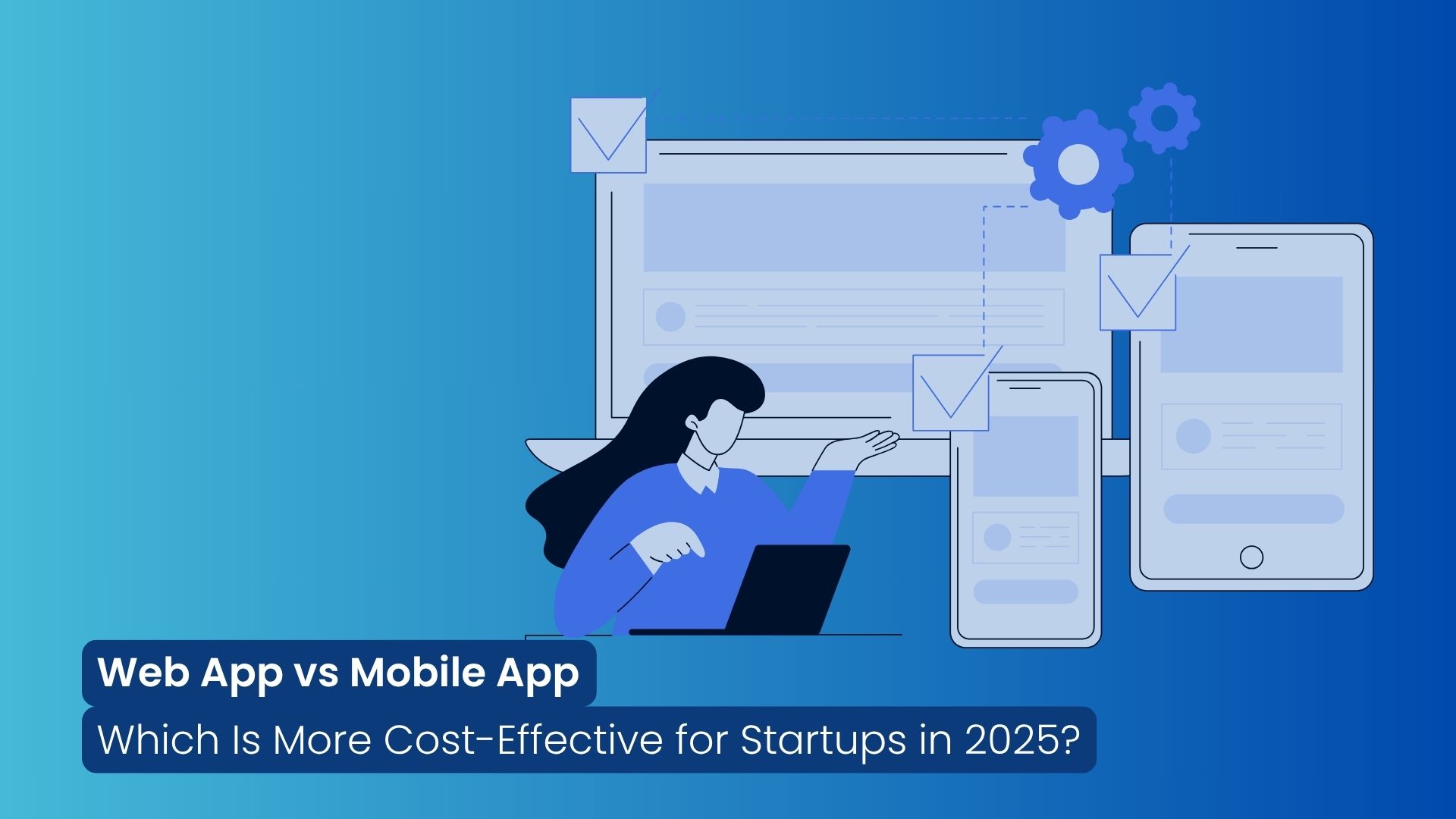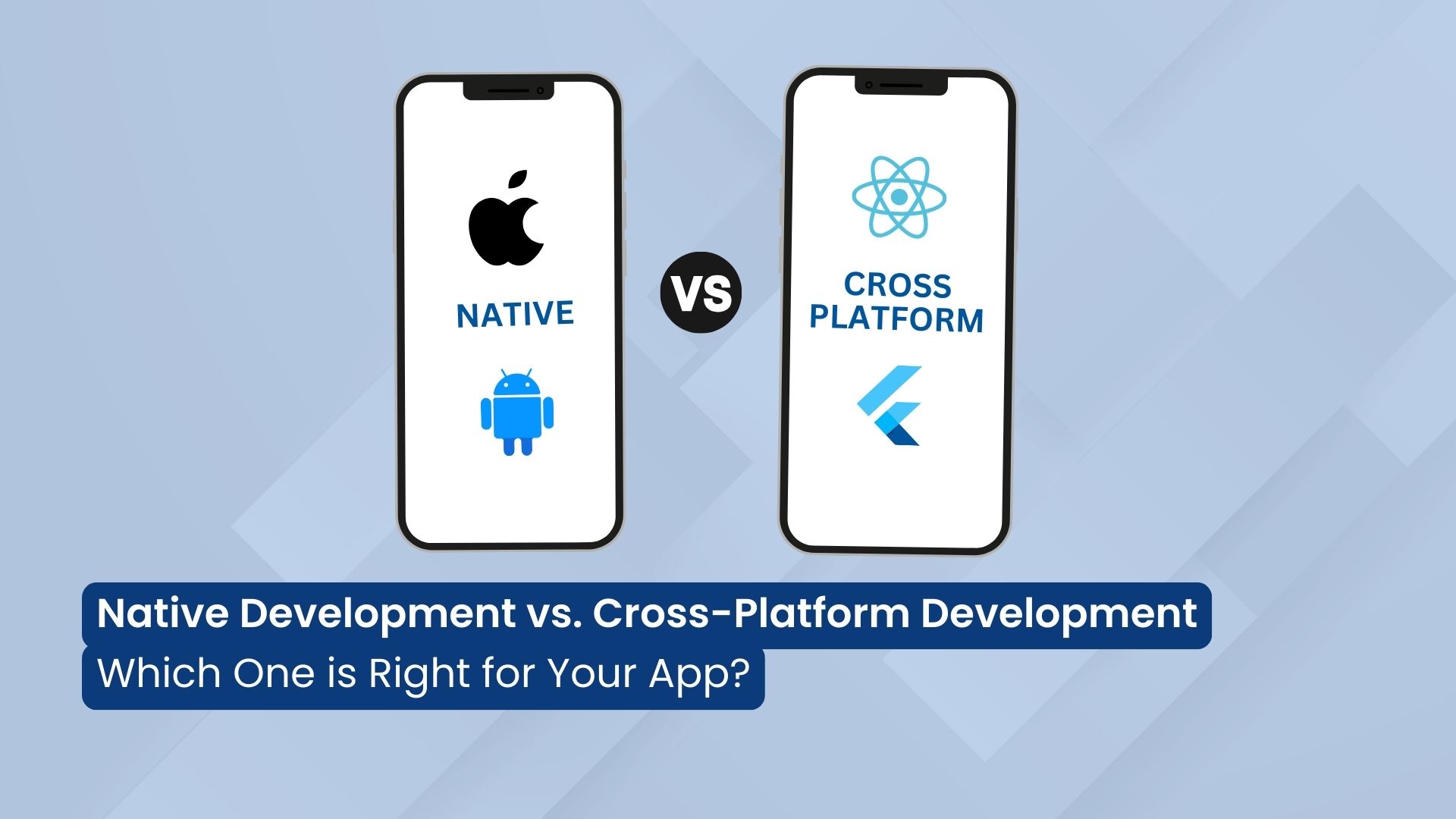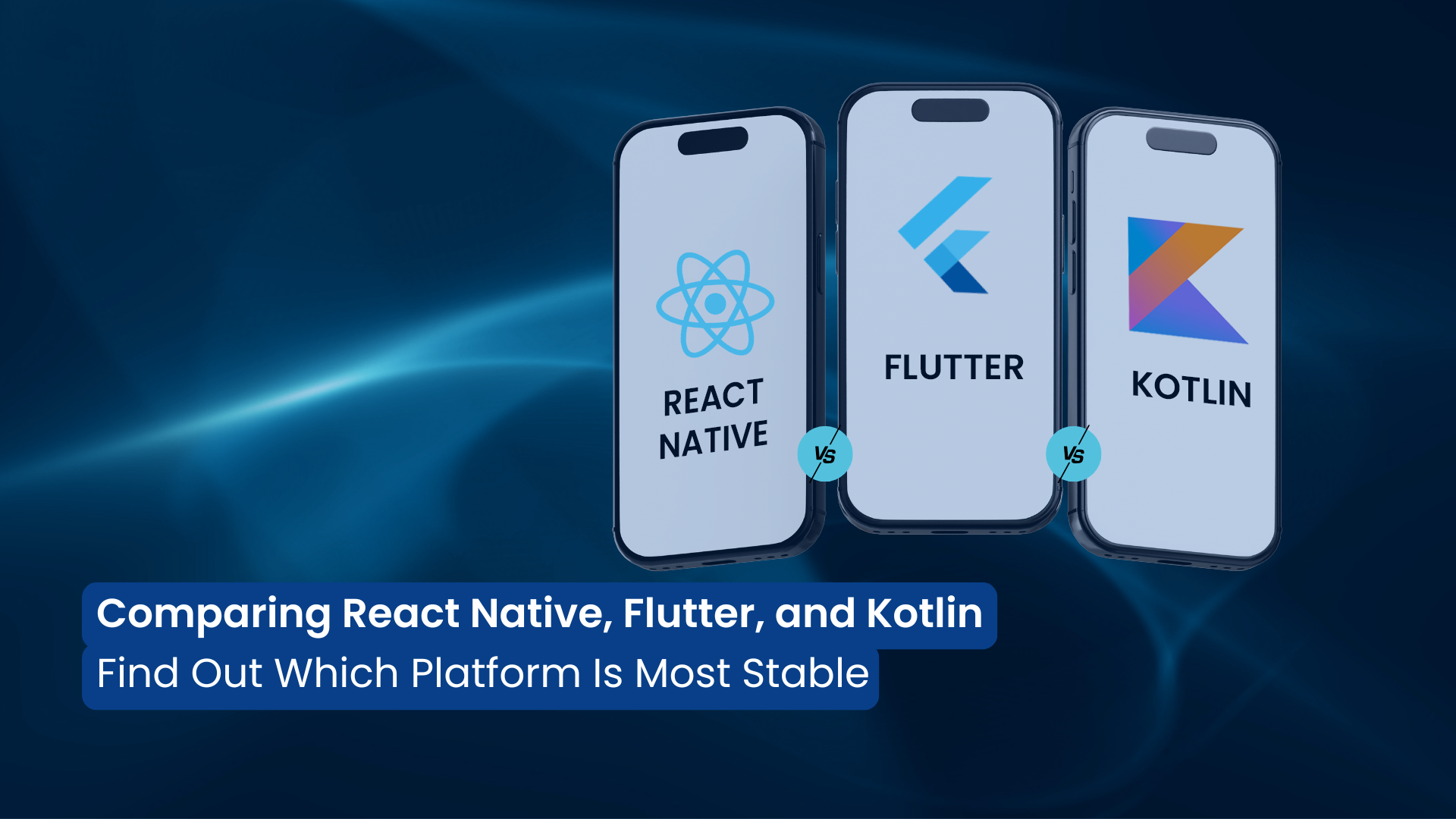Streamline Your Data Processes - Start a project!
Get customized solutions for your business - Try Our Services Today!
Streamline Your eCommerce Operations - Try Our Services Today!

Web App vs Mobile App: Which Is More Cost-Effective for Startups in 2025?
Every week, thousands of startup founders sit in coffee shops across the world, sketching app ideas on napkins. But here's what most do not realise until it is too late. The platform they choose for their first digital product will determine whether they will be celebrating their next funding round or explaining to investors why they burned through their seed money.
The truth is, the web app vs mobile app debate isn't really about which one is "better." It is about which one won't drain your bank account while still giving your users what they actually want. With global mobile app revenue hitting $673.80 billion by 2027 (source), everyone thinks mobile is the obvious choice. But smart founders know that following the crowd is not always the smartest move for their wallet.
In this blog, we will understand the real costs behind cost-effective app development, when web apps actually outperform mobile apps for startups and how to make this decision without second-guessing yourself for months. We will also dive into startup app development 2025 trends that could save you serious money and help you avoid the most common mistakes that sink promising startups before they even launch.
Understanding the Development Costs in 2025
Mobile App Development Costs
Mobile app development for startups comes with significant financial considerations. Simple app development ranges from $5000 to $50000, while complex applications can cost between $120000 and $300000. These costs vary based on several factors
Development Complexity Levels
-
Simple Apps - Basic functionality, minimal features ($10000 to $50000)
-
Medium Complexity - Custom UI, API integration, database connectivity ($50000 to $120000)
-
Complex Apps - Advanced features, real time synchronisation, AI integration ($120000 to $300000+)
Additional Costs to Consider
-
App store fees and submission costs
-
Ongoing maintenance and updates (15 to 20% annually)
-
Marketing and user acquisition
-
Backend infrastructure and hosting
Web App Development Costs
Web app development for startups typically offers more budget friendly options. The development process is generally more streamlined, resulting in lower overall costs
Cost Breakdown
-
Basic Web Apps - $8000 to $25000
-
Moderate Complexity - $25000 to $65000
-
Enterprise Level - $65000 to $150000
Cost Advantages
-
Single codebase for multiple platforms
-
No app store submission fees
-
Easier maintenance and updates
-
Lower hosting costs initially
Web App vs Mobile App Pros and Cons
Mobile App Advantages
Superior User Engagement- The mobile app delivers the best performance and specifications for user engagement. It is said by statistics that 3 times more users are likely to purchase a mobile app in comparison to those who buy a web app. This tells us about the conversion advantage.
Key Benefits
-
Offline Functionality - Access to core features without connectivity
-
Device Integration - Camera, GPS, push notifications and sensors
-
Enhanced Performance - Faster loading and animation times
-
Brand Presence - Brand icon on user's home screen
Revenue Potential - Consumer spending globally on mobile app platforms was $171 billion in 2023 and is expected to grow to around $288 billion by 2030, indicating massive monetisation possibilities available through mobile platforms.
Web App Advantages
Cost Efficiency and Reach Web apps excel in reaching broader audiences without the barriers of app store approvals or downloads.
Primary Benefits
-
Instant Access - No download required, immediate user engagement
-
Cross-Platform Compatibility- Available on any device with a web browser
-
SEO benefits- Able to be searched on search engines
-
Faster Time to Market - Quicker deployment and updates
Maintenance Simplicity - Updates get deployed instantaneously without even requiring any action from the user, thus ensuring all users have the latest version at the same time.
Strategic Considerations for Choosing the Right App for Startups
When to Choose Mobile Apps
If your target audience primarily uses smartphones and expects a premium, feature rich experience, then mobile apps are an ideal choice. Consider mobile first development when
-
Your audience frequently uses your service on the go
-
You need access to device specific features
-
User engagement and retention are critical metrics
-
You are developing for specific industries like gaming, fitness, or social media
When to Choose Web Apps
Web apps provide excellent value for app development budgets for startups with limited resources. Choose web development when
-
You need to validate your concept quickly
-
Your service is primarily content based
-
Cross-platform reach is more important than native features
-
You want to minimise initial development investment
Industry-Specific Considerations
Healthcare Applications
Healthcare Mobile Apps represent a growing segment where mobile development often provides better ROI due to the need for secure, real time patient monitoring and device integration.
E-commerce and Retail
When it comes to e-commerce startups, your choice often depends on the nature of the business. Mobile apps do best when there are frequent purchases and remitted to a customer-incentive program, while web apps are apparently suited for infrequent purchases that require heavy research.
Future Proofing Your Decision in 2025
Progressive Web Apps (PWAs)
PWAs stand as an attempt to bring together the worlds of web and mobile applications. They offer an app like experience through the web browser. This hybrid nature has made PWAs very attractive for those startups where the cost factor of building a native app cannot compromise the user experience.
Cross-Platform Development
With React Native and Flutter, startups can tap into the cross-platform potential to reduce costs thanks to their "develop once, deploy anywhere" feature with native performance.
Emerging Technologies
Mobile app development trends in 2025 feature AI integration, IoT connectivity and advanced security features, which might reflect your platform consideration.
Making the Final Decision
Step 1. Define Your Core Objectives
-
Primary Goal - Is it Customer acquisition, retention or revenue generation?
-
Target Metrics - Is it Downloads, engagement time or conversion rates?
-
Long-term Vision - Is it Platform expansion or feature development?
Step 2. Analyse Your Resources
-
Available Budget - Total development and maintenance costs
-
Timeline Constraints - Time to market requirements
-
Technical Expertise - In house capabilities or outsourcing needs
Step 3. Evaluate Your Audience
-
Device Preferences - Mobile first or desktop users?
-
Usage Patterns - Frequent, short sessions or occasional, longer sessions?
-
Technical Sophistication - Early adopters or mainstream users?
Conclusion
The selection of a web app vs mobile app ultimately depends on the startup's specific needs, audience and resources. Mobile applications surely guarantee better UX and engagement but also come with a very high initial cost attached. Web apps, on the other hand, provide a cheaper cost of promotion with faster development but might lack some of the advanced features.
Most startups in 2025 will benefit most from using a web app or PWA to validate their idea and gain initial traction. When product & market fit has been established and some investments secured, one can make further investments into native mobile app development to give an even better user experience.
Remember, it is not a permanent decision. Numerous startups started on just one platform and later expanded into others during their expansion. It is therefore important to choose the one platform that will best serve your short term needs while leaving room for the rest of your expansion.
Are you still confused about making your decision?
One feels overwhelmed while making this choice, especially when the future of the startup rests on it. Here is where an experienced custom mobile app development company would come in handy. At Syncrasy Technologies, we specialise in leading startups through exactly this decision making process. With more than 50 successful startup projects under our belt and a proven record of reducing the costs of development in comparison with industry standards, we understand your pain points.
Contact us today for a free consultation and discover how we can help you transform your brilliant idea into a successful digital product that will fuel growth and maximise your return on investment.
Categories
- Digital Asset Management (DAM)
- Artificial Intelligence (AI)
- Product Information Management (PIM)
- E-commerce
- Master Data Management (MDM)
- Digital Experience Management
- Customer Data Platform
- Data Management Platform
- Recruitment
- Covid-19
- Digital Workspace
- Digital Experience Portal (DXP)
- Omnichannel Experience
- Pimcore
- Framework Comparison
- Software Development
- Learning Management Solution (LMS)
- CRM System
- Sales Portal
- Salesforce
- Blockchain Development
- App Development
- Technology
Similar Blogs

Why Your Web App is Failing & How to Fix It (5 Common Mistakes)
Your business success depends greatly on the quality of your web application. Despite significant in...
Read More
Native Development vs. Cross-Platform Development: Which One is Right for Your App?
Before mobile app development, organisations must decide - Whether they Should pursue native develop...
Read More
Comparing React Native, Flutter, & Kotlin: Which One Wins in 2025?
Three frameworks are currently ruling in the mobile development sector - React Native, Flutter, and ...
Read More
How to Build a Scalable Web App That Handles Millions of Users
Imagine your web application suddenly going viral. The trickle of daily users quickly becomes a stre...
Read More

